After a decade of not being able to find customers for its merchant transmission project, Grain Belt Express has turned to the federal government to provide a loan guarantee for up to 80% of the cost of its transmission line project across Kansas, Missouri and Illinois. A loan guarantee is just like co-signing on someone else's lease or car loan... you are responsible for payment if the primary borrower defaults. So whether the federal government actually loans GBE the money, or simply co-signs on a bank loan, the U.S. taxpayers are going to be holding all the risk that GBE won't be able to find enough customers to repay the money it cost to build the project. It's no risk and all reward for GBE owner Invenergy, meanwhile the project is poised to cause enormous environmental and social destruction across three states.
In this phase, known as "Scoping", the public should let DOE know what it should study and why. If you think there is an impact GBE will cause, let them know. This is your only opportunity to help mold the study parameters. You can't decide later that GBE will destroy an historic site on its route and demand it be studied. The next phase will be a draft study where you may comment on the conclusions reached on the study parameters. At that point it's not about what should be studied, but how it was studied.
Here's where you should submit your comments. There are numerous ways to do so, from emailing a copy of written comments, to calling up and leaving a verbal comment.
Yesterday, I submitted my written comments. I hope you will send in yours before the deadline on Feb. 28.
| final_gbe_eis_comments.pdf |

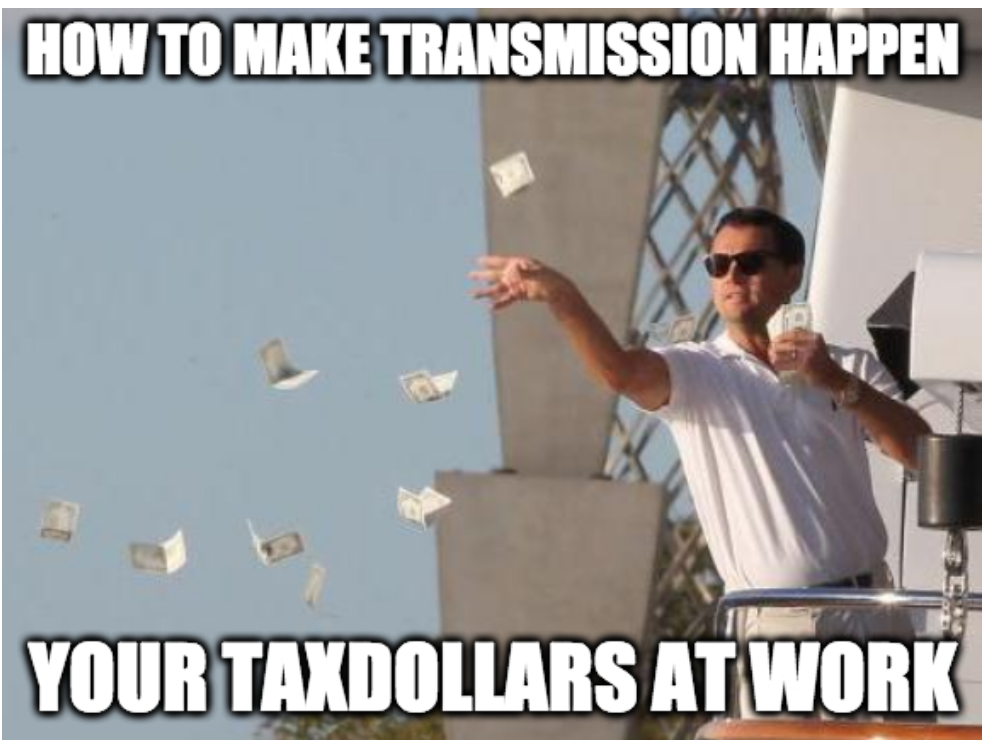
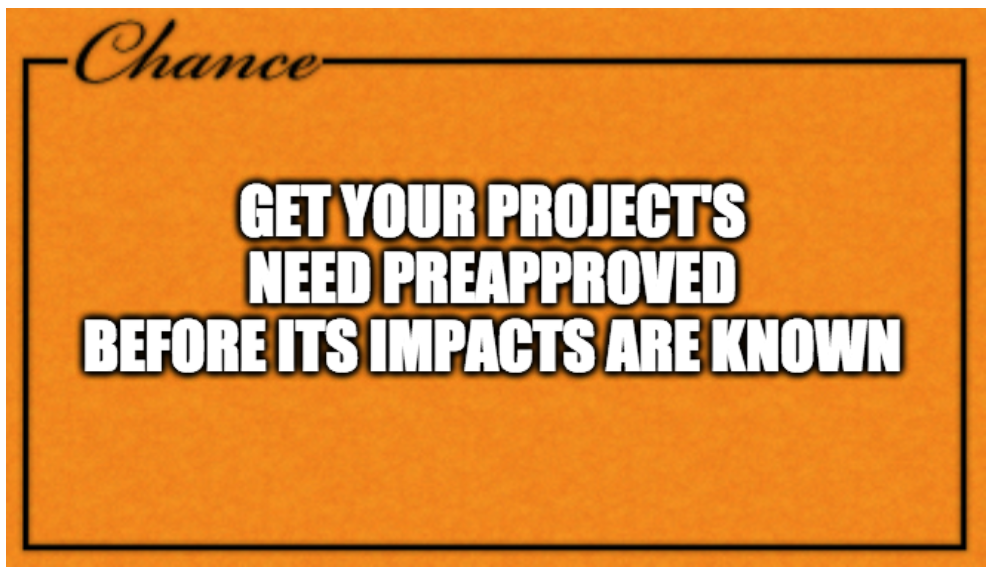
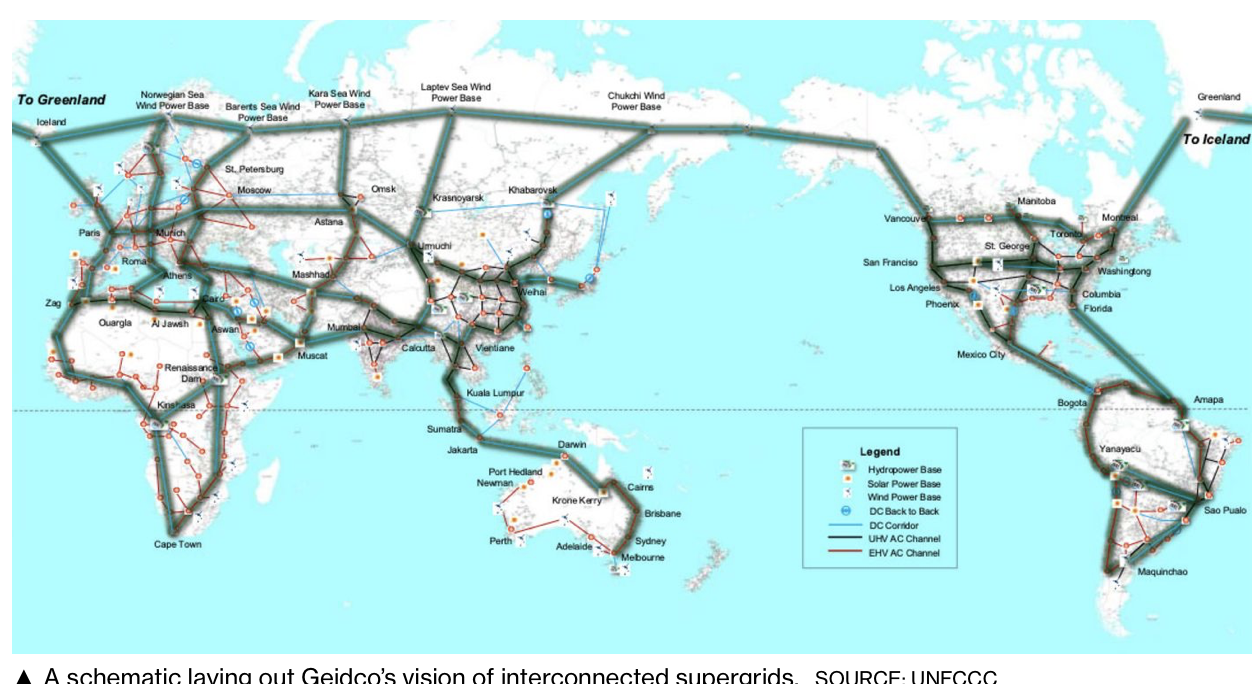
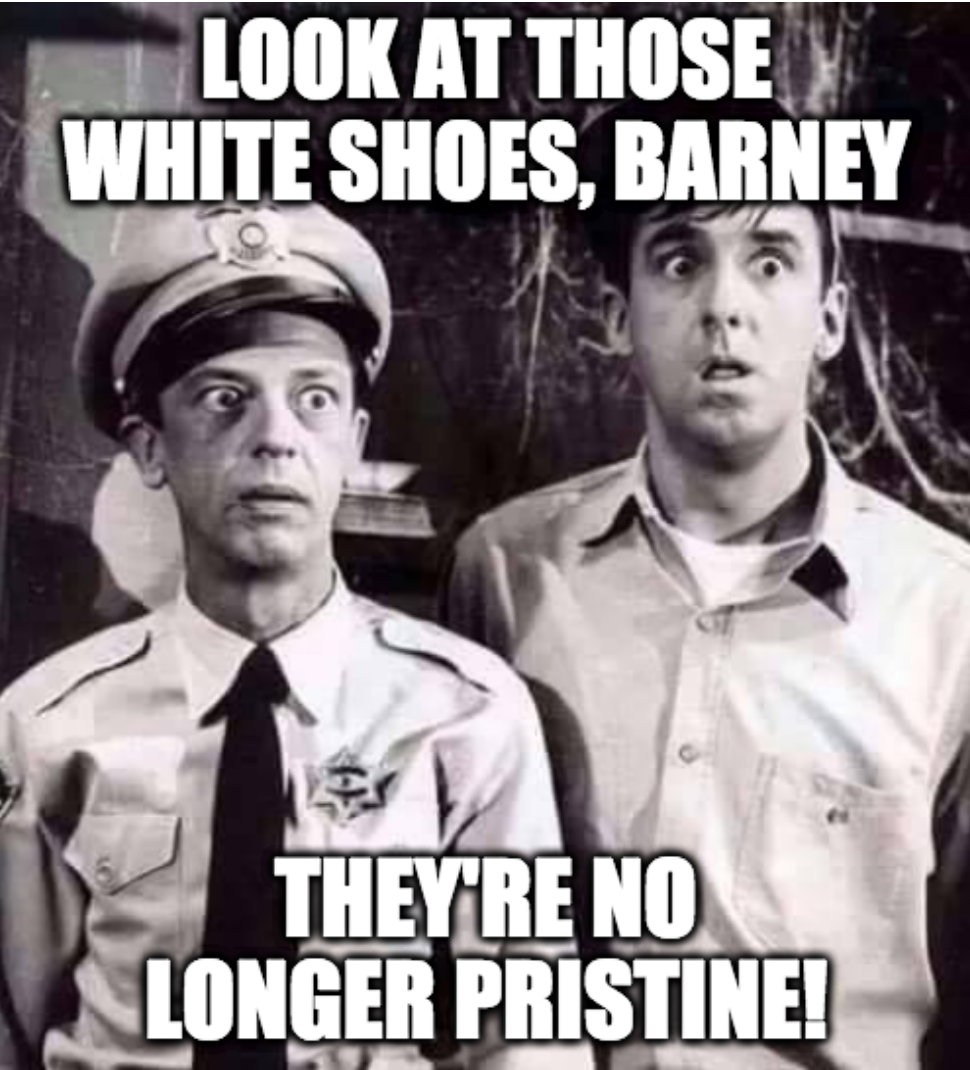
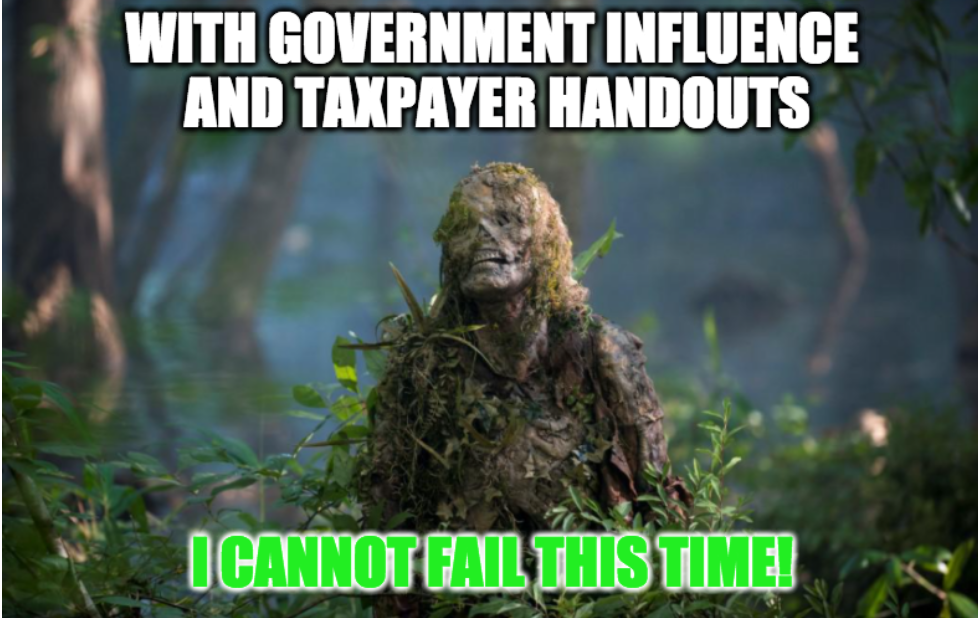
 RSS Feed
RSS Feed